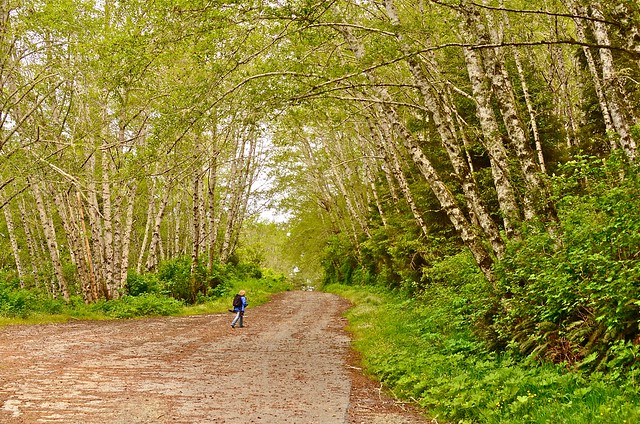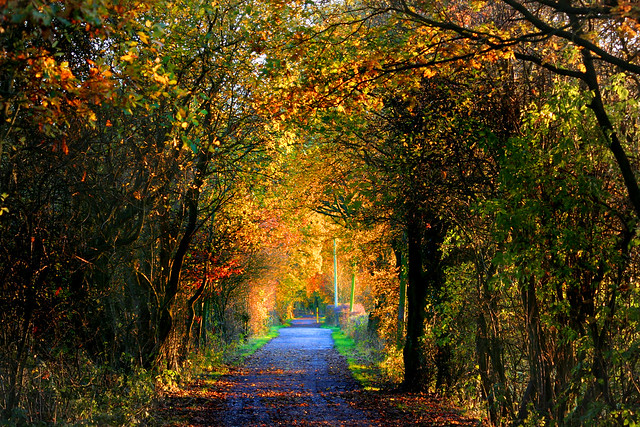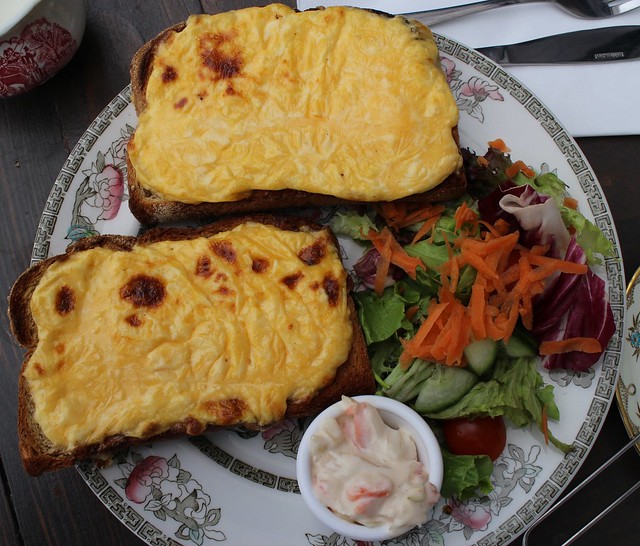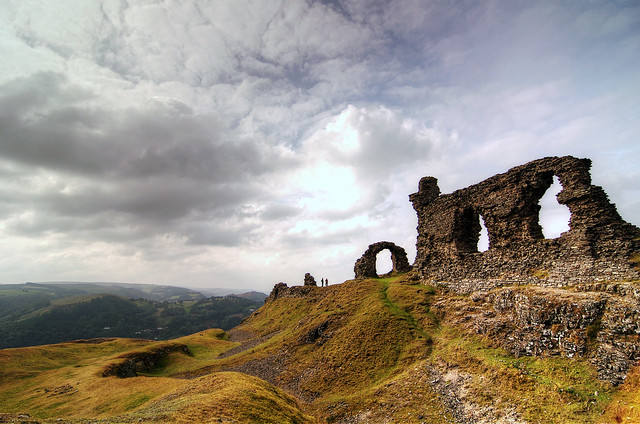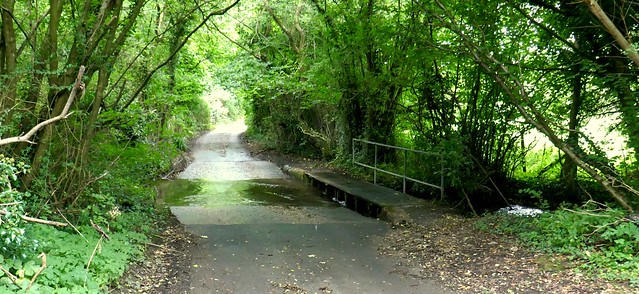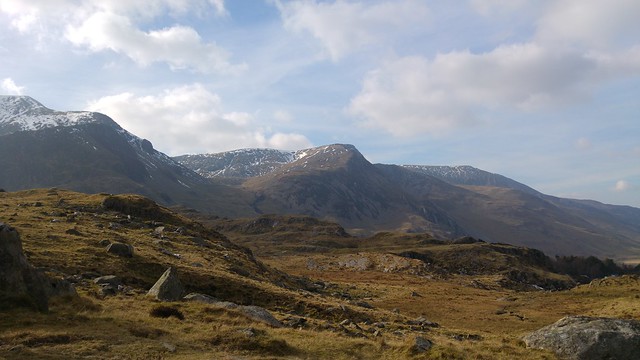Words for death and related things in Celtic languages.

Words marked with a * are reconstructions.
| Proto-Celtic |
*bāstom / bāssom = death
*bayeti = to die
*batom = death, pestilence
*dībatom = extinction, extinguisment |
| Gaulish |
dib = ? |
| Old Irish (Goídelc) |
bás [baːs] = death
baïd [ˈba.əðʲ] = to die
bath = death
díbad = extinction, quenching, estate of deceased |
| Middle Irish (Gaoidhealg) |
bás(a), báas = death
básaid, basat = to kill, put to death
básaigid, bäsaiged = to kill put to death, slay
básaire = executioner
básamuil = mortal
bath, baath, báth = death, destruction
díbad, dibud, dibath = destruction, extinction, quenching |
| Irish (Gaeilge) |
bás [bˠɑːsˠ / bˠæːsˠ] = death
básachán = dying, feeble, creature
básadóir = executioner
básaigh = to put to death, execute, die
básmhaireacht = mortality
básmhar = mortal
básúil = deathlike, deadly
díobhadh = elimination, extinction
díobhaí = without issue, extinct |
| Scottish Gaelic (Gàidhlig) |
bàs [baːs] = death, fatality, decease, demise
bàsachadh [baːsəxəɣ] = (act of) dying, expiring
bàsail [baːsal] = deadly, fatal, death-like
bàsaire [baːsɪrʲə] = executioner
bàsmhor [baːs(v)ər] = mortal, deadly, fatal, lethal
bàsmhorach [baːsvərəx] = mortal
bàsmhorachd [baːsvərəxg] = mortality, deadliness, lethalness
diobhadh† = destruction, death, inheritance |
| Manx (Gaelg) |
baase [bɛːs] = death
baasoil = deadly, deathlike, fatal
baasoiley = deadly
baasoilid = deadliness, mortality |
| Proto-Brythonic |
*bad = ? |
| Middle Welsh (Kymraec) |
bad, bat = plague, pestilence, death |
| Welsh (Cymraeg) |
bad = plague, pestilence, death |
| Old Cornish |
badus = lunatic |
| Middle Cornish (Cernewec) |
badus = lunatic |
| Cornish (Kernewek) |
badus = lunatic |
| Old Breton (Brethonoc) |
bat = ? |
| Middle Breton (Brezonec) |
bad(ou) = dizziness
badet = dazzled |
| Breton (Brezhoneg) |
bad [bɑːt] = daze
badañ = to daze
badet = stupefied |
Etymology: from the Proto-Indo-European *gʷeh₂- (to go, step, stand) [source].
| Proto-Celtic |
*marwos = dead
*marwāti = to die, kill
*marwonatus, *marwonatā = elegy, eulogy |
| Gaulish |
*maruos = dead |
| Old Irish (Goídelc) |
marb = dead; mortified, insensible, spiritually dead; inanimate; stagnant (water)
marbaid = to die, kill
marbán = corpse, dead person
marbdae = mortal, lifeless, inanimate
mart = death, dead animal, slaughtered cow or ox |
| Middle Irish (Gaoidhealg) |
marb = dead (person), mortal, mortified, insensible, spiritually dead, dying, lifeless, unconscious
marbaid = to kill, slay
marbnad, marbna, marbnadh = elegy |
| Irish (Gaeilge) |
marbh [ˈmˠɑɾˠəvˠ / ˈmˠarˠuː / ˈmˠarˠu] = dead person, death, defunct
marbhán = dead person, corpse, lethargic person, sultry weather
marbhánta = lifeless, spirtless, lethargic, dull, stagnant, airless, sultry, oppressive
marbhlann = morgue
marbhna = elegy
marfach = killing, slaying, carnage, slaughter, deadly, fatal, lethal
marfóir = killer |
| Scottish Gaelic (Gàidhlig) |
marbh [marav] = dead person, the dead
marbhach [maravəx] = deadly, mortal
marbhachadh [maravəxəɣ] = (act of) killing
marbhadair, marbhaiche = killer, slayer, murderer
marbhadh [maravəɣ] = (act of) killing
marbhan [maravan] = corpse
marbhrann [maravrən] = elegy |
| Manx (Gaelg) |
marroo = dead, lifeless, inanimate, glassy (look), muggy, dull, dud, stagnant, defunct, mortified, slaughtered, departed, deceased, killed, extinct
marrooagh = deadly, fatal, lethal, overpowering, internecine
marvaanagh = mortal, earthborn, fatal, vile
merriu = (the) dead, dead men, departed souls |
| Proto-Brythonic |
*marw = dead
*marwọd [marˈwɔːd] = to die
*marwnad = elegy (?) |
| Middle Welsh (Kymraec) |
marw, maru = dead, deceased, inanimate, spiritually dead
maru, merwi, marw = to die, expire, cease to exist, vanish, fade away
marwnad, marwnat = elegy, dirge, funeral song, epitaph
marwavl, marwawl, marwol = mortal, transitory, transient |
| Welsh (Cymraeg) |
marw = dead, deceased, inanimate, spiritually dead, insensible, lifeless, dull, languid
marwolaeth = death, decease, demise; suffering, tribulation; deadly plague or pestilence, fatal disease
marw(af), merwi = to die, expire, cease to exist, vanish, fade away
marwaidd = lifeless, languid, torpid, listless, dull, slugglish, drowsy, numb
marwnad [ˈmar.(w)nad] = elegy, dirge, funeral song, epitaph
marwol = mortal, transitory, transient |
| Middle Cornish (Cernewec) |
marow = dead, deceased, lifeless
marwel, merwel = to die, become lifeness |
| Cornish (Kernewek) |
marow = dead (person), switched off
marwel = mortal
marwostel = mortgage
marwostla = to mortgage
mernans = death
merwel = to decease, die, pass away |
| Middle Breton (Brezonec) |
marf, maru = death
maruel = mortal
meruell, meruel = to die |
| Breton (Brezhoneg) |
marv [mɑːro/ˈmarw] = death
marvedigezh = extinction
marvel = mortal
marvelezh = mortality
marvenn = necrosis
marveenniñ = to necrotize, become gangrenous
marvus = mortal, perishable
mervel [mɛr.vɛl] = to die, pass away, become insensible, extinguish |
Etymology: from Proto-Indo-European *mr̥wós (dead), from *mer- (to die, disappear) [source]. Words from the same roots include morbid, moribund, mortal, mortgage, murder, nightmare and postmortem in English, мереть (to die, stand still, sink) in Russian, mìrt (to die, stop working) in Latvian, and mir̃ti (to die) in Lithuanian [source].
| Proto-Celtic |
*ankus = death |
| Old Irish (Goídelc) |
éc = death |
| Middle Irish (Gaoidhealg) |
éc, ec = death |
| Irish (Gaeilge) |
éag = Death, numbness, powerlessness
éagach = deceased (person)
éagbhás = dead-and-alive person
éaglach = (state of) extinction, death
éagmhar = fatal, causing death |
| Scottish Gaelic (Gàidhlig) |
eug [eːg] = death, Death, ghost, spectre
eug-lios = burial ground, churchyard, cemetery
eugach [iəgəx] = deathly, death-like, ghastly
eugachdainn [eːgəxgɪnʲ] = (act of) perishing, giving up the ghost
eugail [iəgal] = deathly, death-like, ghastly |
| Middle Welsh (Kymraec) |
agheu, angheu, aghev = death, decease, demise |
| Welsh (Cymraeg) |
angau = death, decease, demise, annihilation, cessation, mortal danger |
| Old Cornish |
ancou = death |
| Middle Cornish (Cernewec) |
ancow = death |
| Cornish (Kernewek) |
ankow = death |
| Old Breton (Brethonoc) |
ancou = Death |
| Middle Breton (Brezonec) |
ancou, ancquou, anquou = Death |
| Breton (Brezhoneg) |
ankoù [ˈãŋkow/ˈãŋku] = Death, skeleton |
Etymology: from Proto-Indo-European *neḱ- (to perish, disappear). Words from the same PIE roots include innocent, necropolis, nectar, noxious and nuisance in English, nuocere (to harm, injure, damage) in Italian, nuire (to harm, spoil) in French, anegar (to inundate, flood, drown) in Spanish, éacht (slaying, slaughter, feat, exploit) in Irish, aeth (pain, woe, grief, sorrow) in Welsh, and related words in the other Celtic languages [source].

Sources: Wiktionary, Etymological Dictionary Of Proto Celtic, In Dúil Bélrai English – Old Irish glossary, eDIL – Electronic Dictionary of the Irish Language, Teanglann.ie, Am Faclair Beag, An etymological dictionary of the Gaelic language, Fockleyreen: Manx – English Dictionary, Online Manx Dictionary, Gaelg Corpus, Geiriadur Prifysgol Cymru, Lexicon cornu-britannicum : a dictionary of the ancient Celtic language of Cornwall, Gerlyver Kernewek, Devri : Le dictionaire diachronique du breton, Dictionnaires bilingues de Francis Favereau / Edition Skol Vreizh, TermOfis
